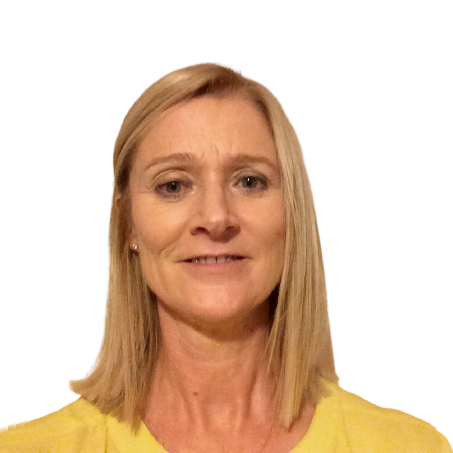As we want a whole school approach to our curriculum, I found the course interesting and valuable to be able to ensure that our EYFS curriculum is in line with KS1 and KS2. I found the content of value too, in what I must consider for the curriculum when we begin to put it into place. I feel we will now work towards having a curriculum that suits the needs of our children and I am excited to begin reviewing this.
Overview
The EYFS framework is changing and there are new statutory requirements for September 2021.
There is a much greater emphasis on curriculum design because, in the past, some schools have been using the Early Learning Goals and Development Matters as their curriculum. The new framework makes it clear that they are, in fact, your goals – not the curriculum that will help students to meet them.
This highly practical, evidence-based course will help you to plan a rich, well sequenced curriculum for children in Nursery and Reception.
- Understand all aspects of curriculum design
- Find out about Threshold Concepts, Big Ideas and Progression
- Gain a thorough understanding of EYFS requirements
Learn about:
- Curriculum breadth, cultural capital and powerful knowledge
- How to develop a curriculum that fits the context of your children
- Effective curriculum sequencing
- The role of ‘big ideas’ in shaping children’s schema development
- Effective Early Years pedagogy
- The importance of planning for rich, sophisticated vocabulary
- The inter-related nature of physical and academic development
- The ways in which executive function and self-regulation can be effectively developed
- Effective formative assessment.
Advance your understanding of:
- The changes to the EYFS framework
- How to create a rich, holistic curriculum that steers children successfully towards the Early Learning Goals
- The importance of sequencing
- The different pedagogical approaches that have been proven to be effective
- The need to embed formative assessment rather than onerous ‘evidence collection’ activities.
Take away:
- A thorough understanding of the new requirements
- A high-quality set of example resources to get you started with curriculum planning
- Practical and ‘workload-friendly’ ideas for formative assessment
- Examples of resources soon to be published by Chris Quigley Education to help create an evidence-informed progression model.
Booking Options
The prices above are the total amount you will pay for your group plus VAT.
Just select Pay by Invoice and enter the required information.
You have 30 days to pay your invoice.
If your selected date to access the course is prior to 30 days we will still grant you access to the course and your invoice is payable in line with our Terms and Conditions.
If you have selected 1-5 delegates, for example, but you only enter the details of 2 of the delegates now, you will have the option to add additional delegates via your CQE account up until 48 hours prior to your requested course start date.
Pay by InvoiceReally enjoyed Lesley’s presentation – clear explanations, links to practical ideas and real life stories to make it meaningful.
Very good!
I was particularly interested in the threshold concepts and big ideas as this not only looks at what and how we want children to learn in the Early Years, but also demonstrates subject linkages with KS1/2. I found the input on reading/vocabulary etc useful as it supported our current progression. Also, the focus on Physical Development and PSED leading onto Reading and Writing - most reassuring. Overall, a well-structured day with supportive materials and the opportunities to comment and ask questions.
All of the course was interesting especially the sections on Big Ideas and Thresholds. Very good course. Very knowledgeable speaker. Easy to listen too. Very informative. Very interesting - did not feel like a full day course in front of the computer!
To better our practice by tiering up words to increase children’s vocabulary and a better understanding of culture capital and how to embed it into our curriculum were the most useful parts of the day. Overall, very informative and to the point.




